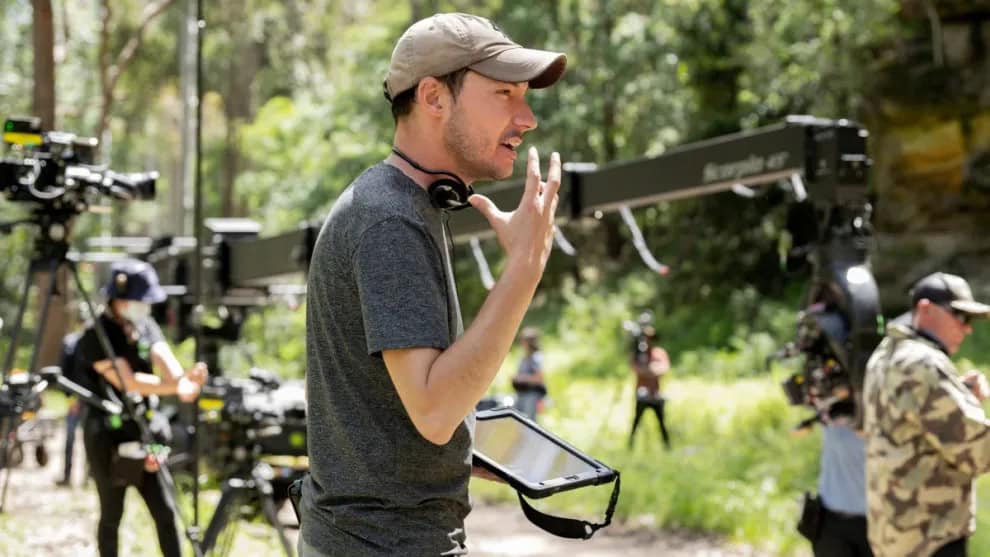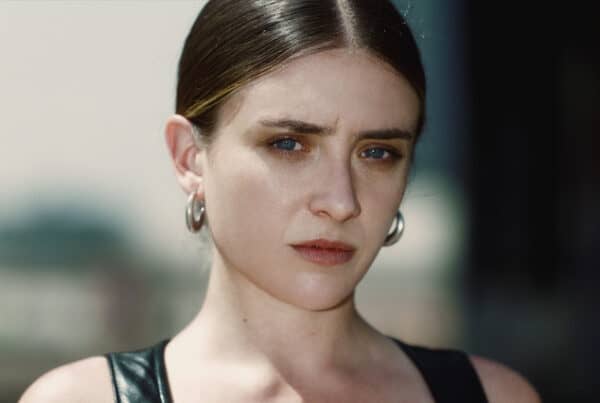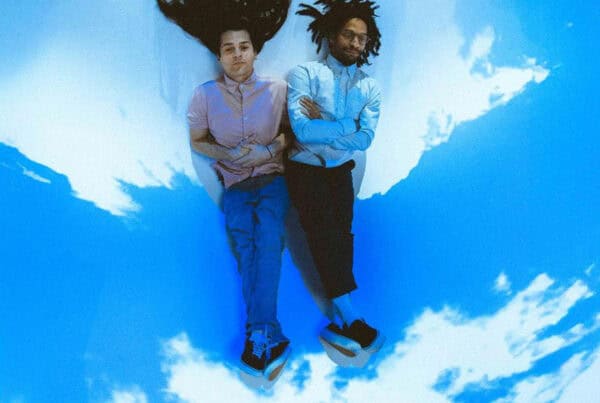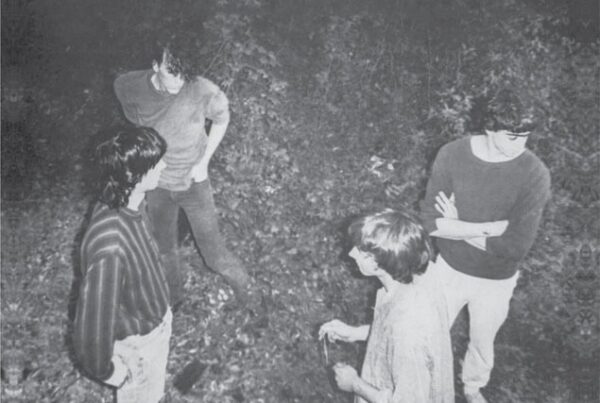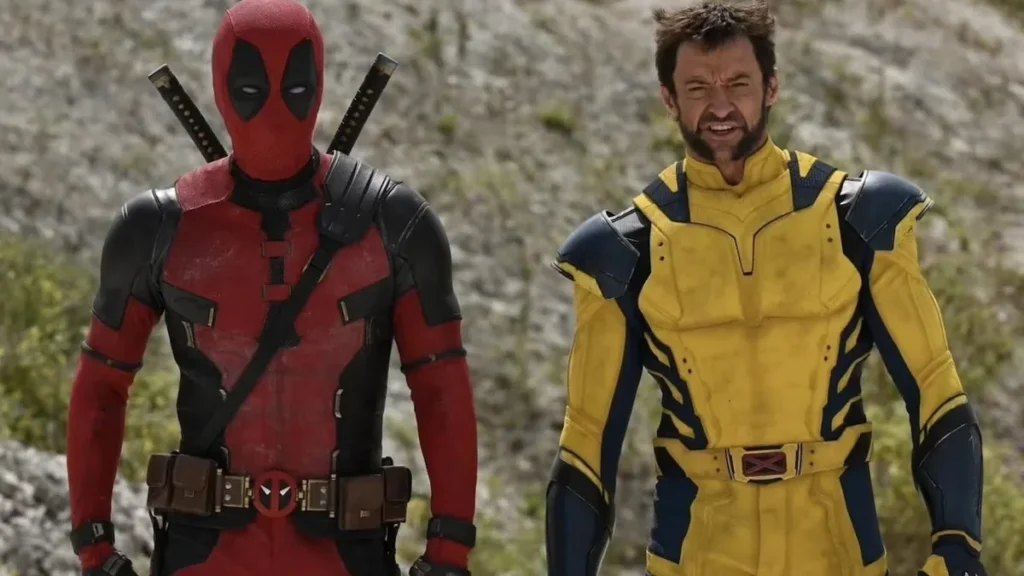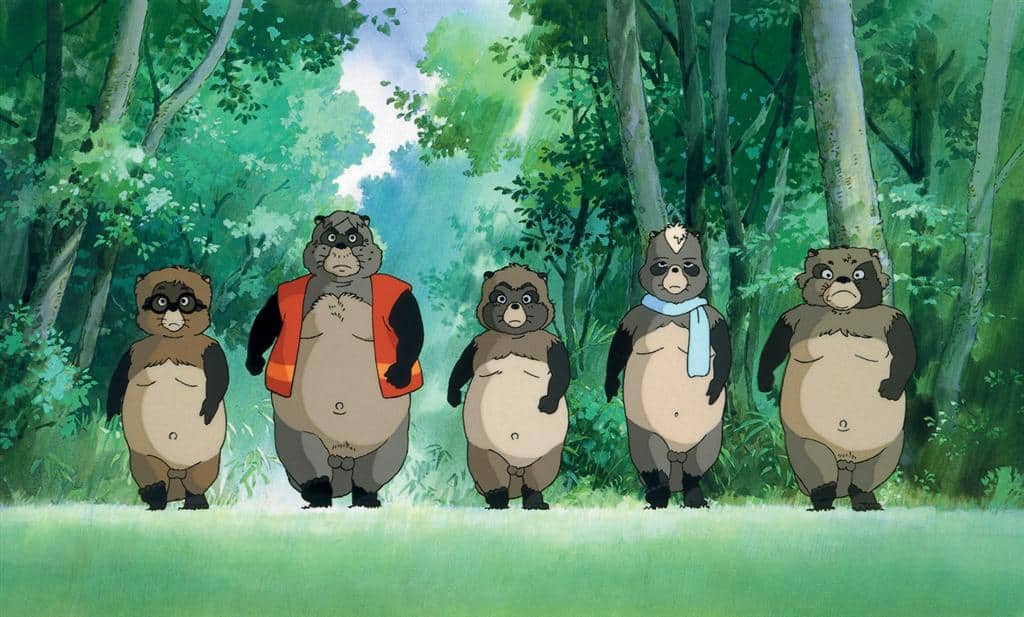To some, the prospect of a live-action The Legend of Zelda movie is an exciting one, but to others it’s a daunting one. Ever since the project was first announced, there have been many sceptics among fans of the iconic franchise. Why isn’t it animated? They’re not going to cast Chris Pratt and Tom Holland, are they? And why is the director of the Maze Runner movies helming the project? In regards to that last question, one only needs to have watched Kingdom of the Planet of the Apes to realise that Wes Ball is absolutely the right person for bringing Hyrule to life. Before answering the question of why Ball is a great choice as director, we need to understand what makes Zelda Zelda.
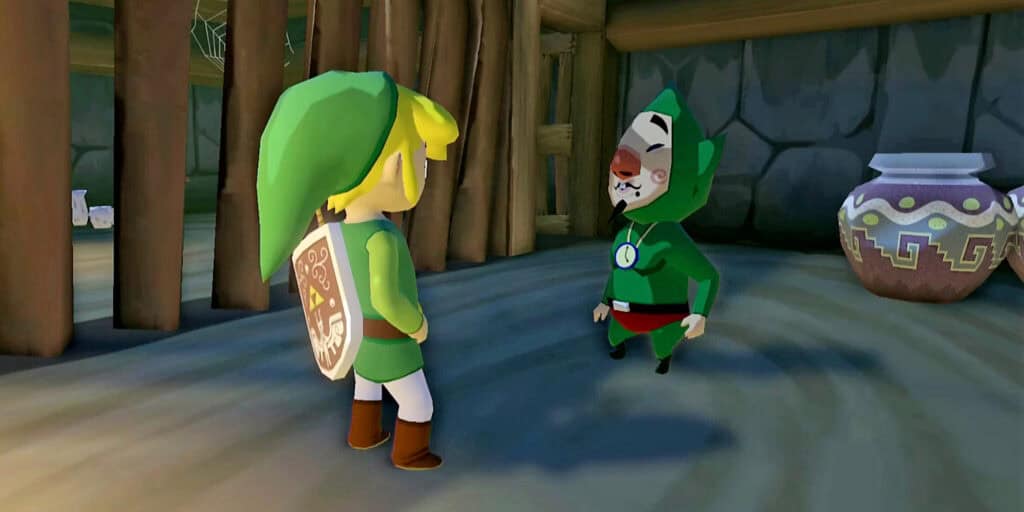
Millions of players around the world have undertaken epic adventures across the fantastical land of Hyrule; taking on the role of silent protagonist Link as he saves the titular princess, and the world, from evil using his sword and shield, as well as an assortment of tools and equipment. Each mainline Zelda title is a classic action-adventure romp, with players traversing through different biomes to collect MacGuffins and slay monsters. On the surface, these games are stereotypical fantasy yarns; boy goes on quest, defeats villain, saves the princess, roll credits. But what makes the Zelda series so beloved and special is in the details: the sense of adventure through rewarding exploration, the simple but effective narratives, the pitch-perfect music, and of course the world-class game design. And we can’t forget the cast of weirdos throughout the series.
The developers at Nintendo have peppered the franchise with strange but endearing characters. Some are key characters and others NPCs with a handful of lines, and their eccentricity comes through in the voice acting, character design and dialogue. Take Tingle for example, a fairy-obsessed man sporting a green jumpsuit who loves money and shouting “Kooloo-Limpah!”. This little freak makes multiple appearances across the Zelda series, and even has a couple of his own games. Other memorable characters include Skyward Sword’s beloved himbo Groose and his grand pompadour, the scantily clad postman from Twilight Princess and his hilariously nasally voice, and the fabulous and sassy Bolson who in Breath of the Wild requires any employee in his construction business to have a name that ends in -son.
Kingdom surprisingly shares many similarities with the Zelda formula. With the film set 300 years after Caeser’s journey comes to an end, the Planet of the Apes sequel takes the series in a new direction. Kingdom is very much an adventure movie, with lead ape Noa (Owen Teague) undertaking a classic hero’s journey. There’s a captivating villain in Proximus Caeser (Kevin Durand), plenty of close-quarters action, and a riveting central mystery. Ball proves he’s adept with the action-adventure genre and working with cutting-edge visual and practical effects, no doubt two key parts of a live-action Zelda, but he also showcases how the Zelda film could elevate above just being a safe interpretation by letting the apes be their weird selves.
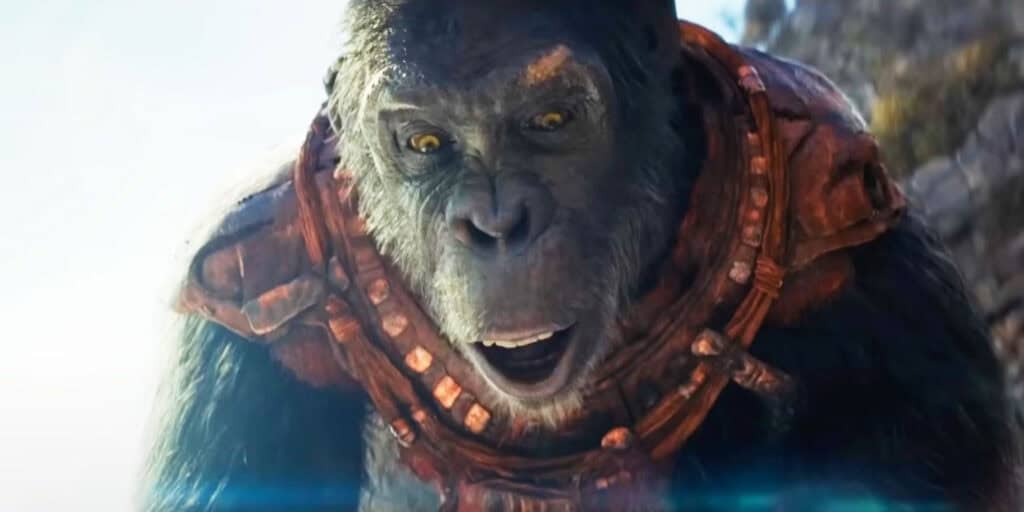
Immediate fan favourite Raka (Peter Macon) is a prime example. A scholar of Caeser’s philosophies, this orangutan is inquisitive by nature and acts as a voice of reason after meeting Noa. Being a hermit for some time, Raka is excited at the prospect of sharing his knowledge with someone unfamiliar with Caeser’s story, coming across as a crazy old ape. A fair chunk of Kingdom’s run time is spent on Raka, so the audience gets to appreciate his endearing but peculiar personality. What sells the character is Ball (and the visual effects team) letting Macron convey so much of Raka’s weird side through hilarious facial reactions.
Another character with eccentricities is Proximus Caeser, who shares similarities with Zelda villains Zant and Ghirahim. As a self-appointed leader ruling different ape clans, Proximus has a theatrical side used to captivate the other apes. He’s dangerous and menacing like any good villain but like Raka, Ball gives Proximus a couple of pivotal scenes that reveal his thirst for knowledge and how unhinged he can be. One particular reaction and line of dialogue right before the climax is hilariously effective in showing Proximus’ childlike wonder at new discoveries. Like the different denizens of Hyrule, the characters in Kingdom are memorable no matter their importance thanks to Ball giving them the time and space to be themselves.
Of course, there’s a lot more riding on the success of this Zelda movie adaptation. We have no idea what Derek Connolly’s script will be like, and there are all sorts of production elements that could make or break the film. But the Zelda games are memorable thanks in part to the weird and wonderful people of Hyrule, and Kingdom is a promising sign that Ball recognises that. Maybe the Zelda film could be legendary after all.
